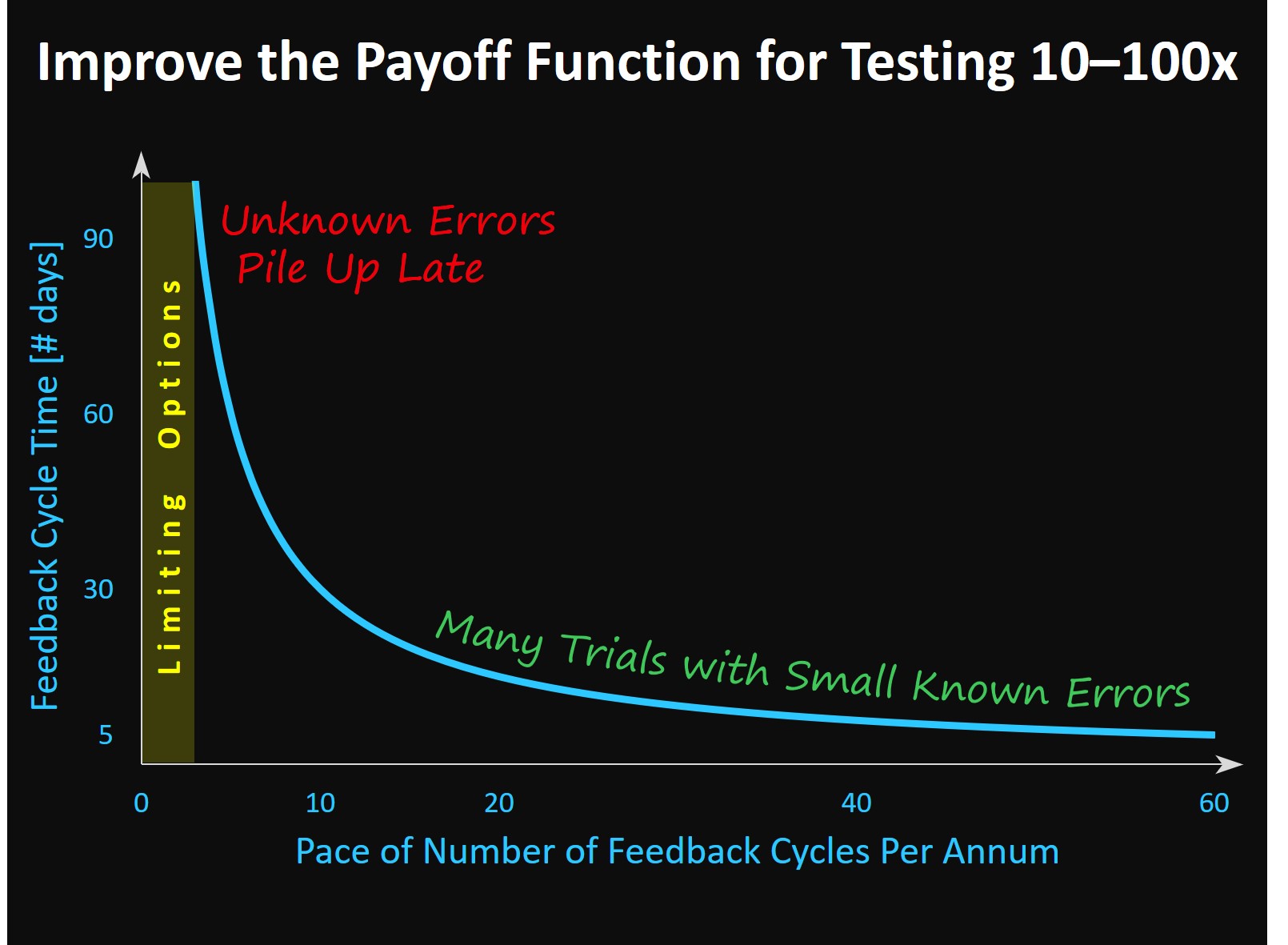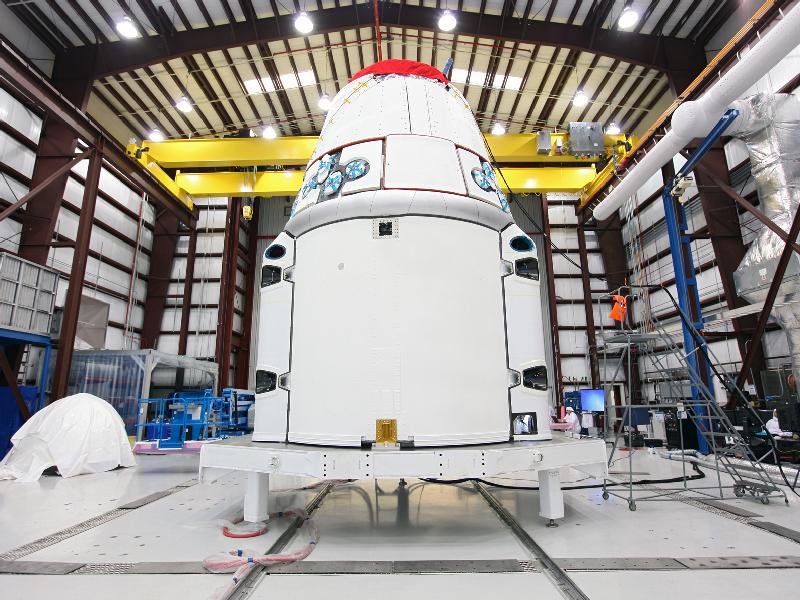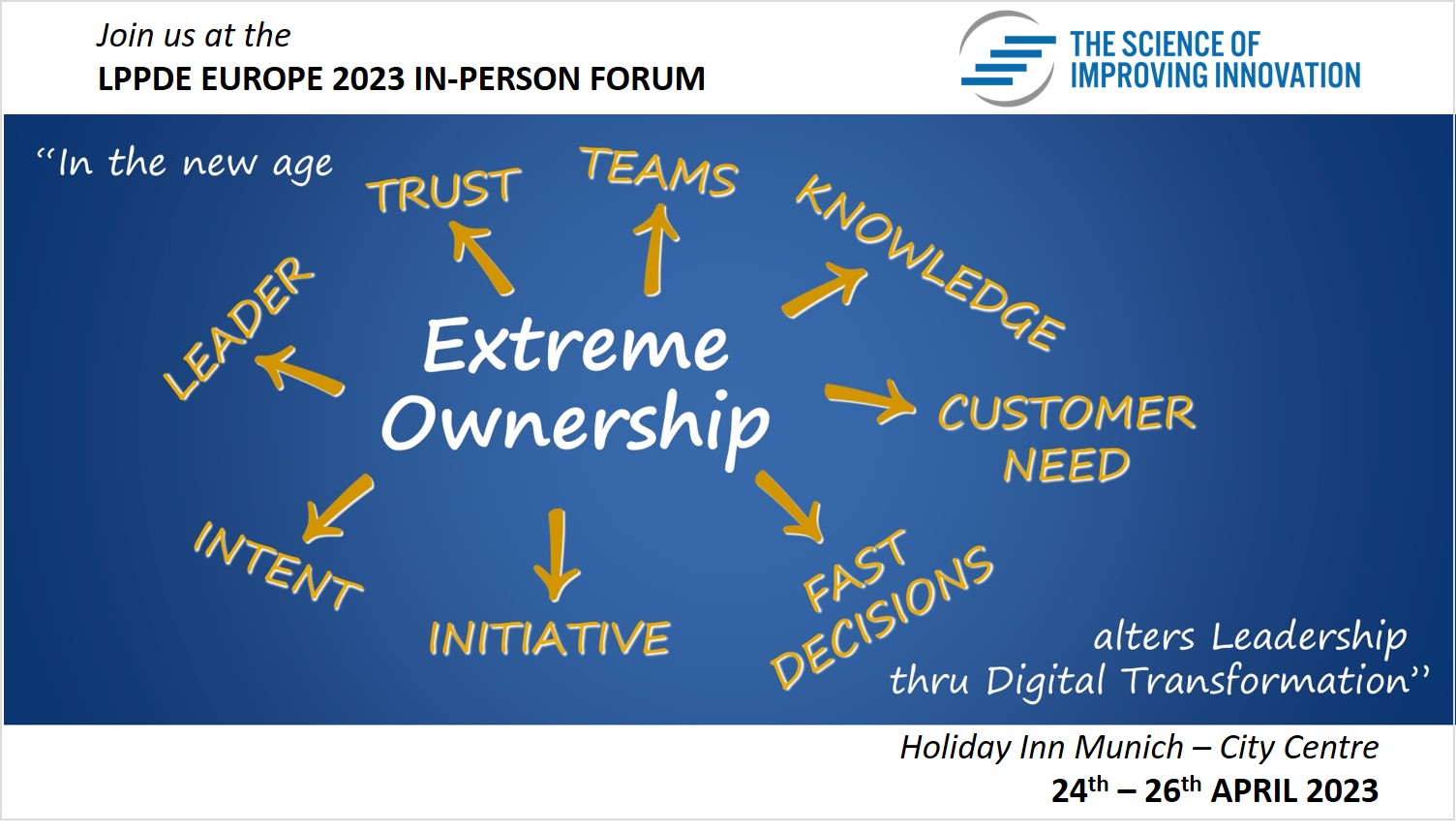Disruptions are happening every time a new technology, a new service, or a new business model provides a ten-time improvement of the present solution. According to Tony Seba (author and co-founder of RethinkX) this is valid all since Johannes Gutenberg invented the printing press in the 15th century. Providing the new solution at ten-times lower cost or being ten-times faster. Digitalization is adding to that trend.
We have just left 2022 behind us, a year where lots of new and inherent challenges arised globally on many levels. This when we already are operating in a complex environment, while the speed and pace of the global operating environment is only getting faster. And if we look at the technology and capability that currently is disrupting companies and industries, it is digitalization.
If those are some of the challenges. What options do we have in 2023?
Today’s fastest developing and innovative companies have taken the Lean-Agile-principle of “Test First” to a new level, using digitalization; machine learning, artificial intelligence and automated testing. On the contrary to the long-term trend in product and services development with the goal to reduce the number of tests. These organizations don’t test a representative number of random samples, they target to test all to learn and innovate faster.
Because there is very little we know. Is it difficult to predict what knowledge is needed, to develop new products and services. The more complex and challenging, the harder. It is much easier to improve the payoff function for testing and small experiments, than to figure out exactly what knowledge we are looking for. This strategy is very successfully applied by historical and contemporary examples of great innovators, such as Thomas Edison, SpaceX and Tesla.
Common for the biggest innovators is that they radically reduced the cost of testing, even on hardware. Why? Because learning – what we don’t know – by small trials creating bottom-up knowledge. Is superior to the use of top-down theoretical knowledge – what we know. When the payoff function improves 10-100 times, the cycle time for feedback and learning becomes just hours to a few days. Everyone who is involved in development understands what enormous advantages it creates, to be able to instantly get answers to problems.

Small trials, tests and experiments, that generate small errors make learning go fast. SMALL TESTS AND EXPERIMENTS, mean that it goes quickly and costs very little. SMALL ERRORS, means that we quickly gain knowledge of what works and what doesn't work. We can make rational decisions and keep whatever is better. And not be negatively affected by what doesn't work, because it doesn't cost much either in time or money. And we have new knowledge that means we avoid what doesn't work. And thereby lowers the risks. The innovators create for themselves many options – whatever is better is kept and is input to new breakthroughs and innovations.
Yet in practice it is the negative that is used by the pros, those selected by evolution: chess grandmasters usually win by not losing; the learning of life is about WHAT TO AVOID. In life you succeed by not being a sucker.
Improving the payoff function for testing. To do many trials with small errors, and thereby learn what doesn’t work, what to avoid. Has positive effects on the culture and overall, the ownership throughout the whole organization. Teams improving, extending or disrupting products or services, don’t need to understand in advance when they have the ability to instantly learn through many small, cheap and fast experiments. In the new age of digitalization this alters the leadership. Where leaders better can take Extreme Ownership of the strategy and the bigger picture, providing “commander’s intent” describing the purpose (Why). Leaders rather encouraging clarification questions from all teams and individuals to ensure deep understanding of the desired future state, than control and command. And trusted teams better take Extreme Ownership, so based on their just made learnings they detail their plans accordingly. With fast learning, they can make faster decisions. This embodies; looks at the future, small known errors and large positive gains (opportunities), little understanding is necessary, just rationalizing in comparing two outcomes, exercising and deploying the better option at once.
2023, time to keep it simple. Improve the payoff function for testing tenfold. Feedback in a tenth of time through many trials with small errors creates bottom-up knowledge. Leaders and teams to win on any challenge, taking “Extreme Ownership” of their continuous innovations while staying agile. The effects of making faster decisions, based on just made learnings through customer collaborations, are both aligned to where the uncertain future unfolds and are cumulative.
Learn more about this at LPPDE Europe 2023 Extreme Ownership Forum. We hope to see you there.

Christer Lundh
President of AUFERO
Christer Lundh is president of AUFERO, a firm that makes organizations more profitable by improving flow, product development and innovation. He is chairman at LPPDE.org. He is a servant leader co-creating flow of new products and innovations together with customers’ leaders and teams.
Upcoming Event: LPPDE Europe 2023 In-Person Conference
April 24-26, 2023 in Munich, Germany
Extreme Ownership
Join some of the leading practitioners in Lean Agile Digitalization and Leadership who will share, how digitization combined with servant leaders and trusted teams taking "Extreme Ownership", plays out to support teams to learn and decide quickly, and win on any challenge to satisfy their customers.
See updates to the program at LPPDE EU 2023.


